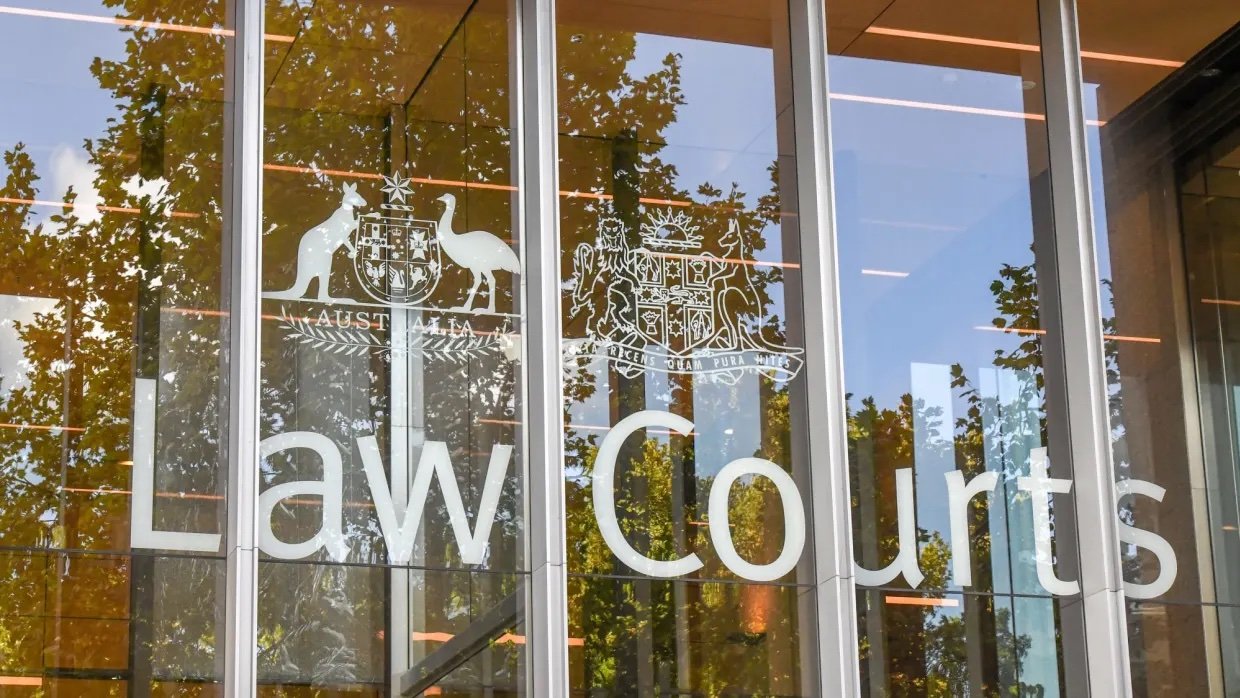

Kerrs, acting on behalf of the Respondent, Fleur Evans and David Sampson as trustees in bankruptcy for Mr Ngo (Trustees) has successfully resisted costs orders being made against Mr Ngo (the bankrupt) personally, as well as orders that the Applicants’ costs be paid from the bankrupt estate.
Facts
Earlier in Tse v Evans as trustee in bankruptcy for Ngo [2024] FCA 787 (Leave Application), the question before the Court was whether the Applicants should be allowed to continue the proceedings against the bankrupt in the Supreme Court of New South Wales. Pursuant to section 58(3)(b) of the Bankruptcy Act 1966 (Cth) (the Act), Justice Perry granted leave for the Applicants to proceed against the bankrupt personally in the ongoing proceedings in the Supreme Court of New South Wales.
In the Leave Application, the Trustees took a neutral position; neither consenting to, nor opposing that, leave be granted. The Applicants then sought for their costs of the Leave Application be paid by the bankrupt, despite being a non-party to the proceeding. The Trustees submitted that it was inappropriate for the costs orders to be made. The application for costs against the bankrupt was ultimately dismissed in Tse v Evans as trustee in bankruptcy for Ngo (No 2) [2024] FCA 1020.
Legal principles
In exercising the discretionary power to award costs against a third party, the Court will consider the following factors:
- whether the “non-party has a connection to the litigation which is sufficient to warrant the exercise of power”: Court House Capital Pty Ltd v RP Data Pty Ltd [2023] FCAFC 192, [10];
- whether the non-party was “the ‘real party’ to, or the ‘real instigator’ of the litigation”: M v D (1994) 122 FLR 449 at 453;
- whether “there is a causal connection between the non party and the incurring of the costs”: Bischof v Adams [1992] 2 VR 198 at 204; and
- whether “those costs would in any event have been incurred even without such non-party’s involvement in the proceedings”: Dymocks Franchise Systems (NSW) Pty Ltd v Todd and Others (No 2) [2004] UKPC 39; [2004] 1 WLR 2807 at [20].
Analysis
- Justice Perry found that there was no evidence to support the Applicants’ submissions that the Trustees were “standing in the bankrupt’s shoes” in the sense that the bankrupt instructed the Trustees to act as his proxy and any costs orders made personally against the bankrupt would not be a provable debt.
- Her Honour accepted that there was enough of a causal connection to potentially weigh in the Applicants’ favour. Her Honour considered that had Mr Ngo not entered into bankruptcy, the Applicants would not have been required to bring the costs application. Among other things, her Honour held that causal connection cannot be determinative in relation to the question of costs (see [31]).
- As to whether notice should be given to a third party in respect of potential costs being made against them, it was held that although is not a prerequisite, “the absence of such notice can be… a matter that will weigh against the exercise of a Court’s undoubted discretion”: Re ACN 607 358 887 (formerly known as Carzapp Pty Ltd) (No 4) [2020] NSWSC 417. Further, in circumstances where it was open for the Applicants to have sought to join the bankrupt prior to seeking the costs orders against him, and having regard to the overarching purpose set out under s 37M the FCA Act,it was not appropriate that the Applicants be given a further opportunity to give the bankrupt notice.
Kerrs is regularly retained to assist creditors and insolvency practitioners with debt recovery, security enforcement, and insolvency administration. We also have experience assisting corporate and private clients through times of distress, from managing insolvency to restructuring and turnaround or, alternatively, through the bankruptcy process.
The case can be downloaded here – https://www.judgments.fedcourt.gov.au/judgments/Judgments/fca/single/2024/2024fca1020

